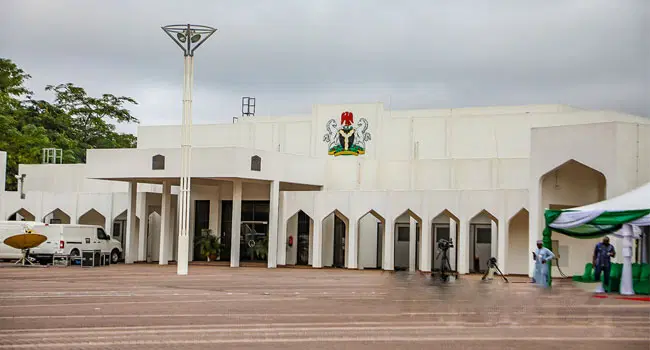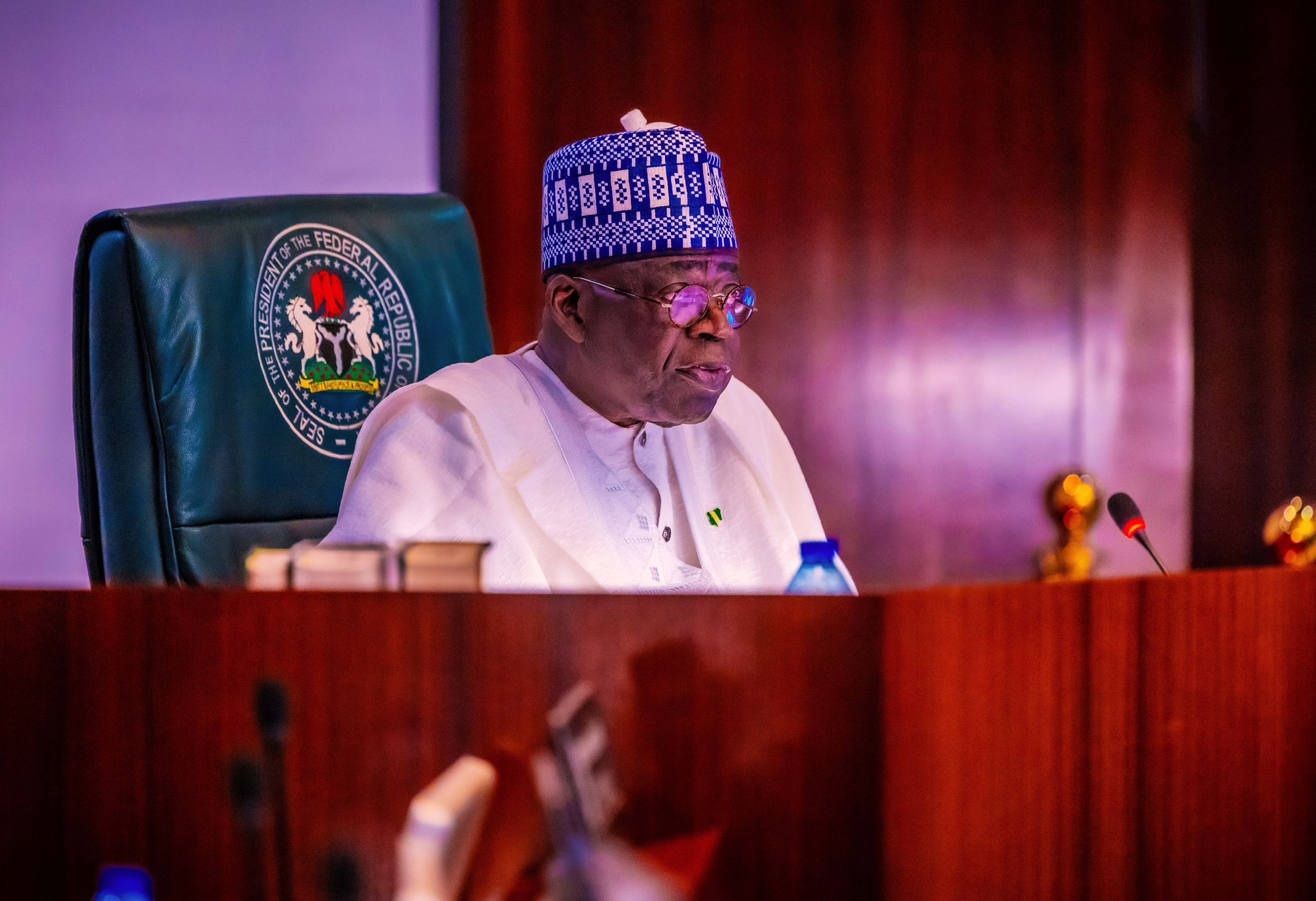The Federal Government has provided clarity on the installation of solar panels at the Aso Rock Villa, revealing that the decision is a key part of a broader effort to reduce the government’s unsustainable electricity expenses, which have amounted to approximately ₦47 billion annually.
Mustapha Abdullahi, the Director General of the Energy Commission of Nigeria, explained that the cost of the Villa’s electricity bills was no longer feasible, prompting President Bola Tinubu to approve ₦10 billion for the installation of a solar power grid. Abdullahi emphasized that this move aligns with the government’s plan to diversify energy sources and cut the overall cost of governance.
The backdrop to this decision comes after the Abuja Electricity Distribution Company (AEDC) issued a 2024 notice of disconnection to Aso Rock, along with 86 other government ministries, departments, and agencies (MDAs), over a combined electricity debt of N47.1 billion. The Presidential Villa alone owed N923.87 million in unpaid bills.
Abdullahi further highlighted that the switch to solar energy would provide uninterrupted, clean energy, fostering job creation and innovation within Nigeria’s energy sector. The transition will also alleviate pressure on the national power grid, benefiting the broader population.




